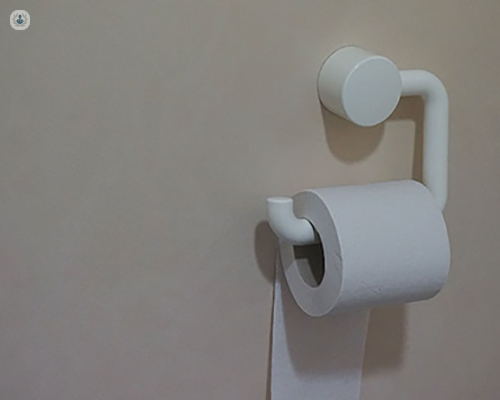How to manage urinary tract symptoms
Autore:Urinary tract symptoms (UTS) are a range of issues affecting the urinary system, which includes the kidneys, bladder, ureters, and urethra. These symptoms are often indicative of an underlying problem, such as an infection or other medical condition, and they should not be ignored. The most common UTS include frequent urination, pain or discomfort during urination (dysuria), blood in the urine (hematuria), urgency to urinate, and cloudy or strong-smelling urine.

Common causes of urinary tract symptoms
-
Urinary tract infections (UTIs): UTIs are the leading cause of urinary symptoms, especially in women. They occur when bacteria, usually from the digestive tract, enter the urinary system. Symptoms often include a burning sensation during urination, frequent urination, and pressure in the lower abdomen.
-
Kidney stones: When hard mineral deposits form in the kidneys, they can cause severe pain, especially during urination, and often result in haematuria.
-
Overactive bladder (OAB): OAB is characterised by frequent and urgent urination, even if the bladder is not full. This condition can be due to nerve issues, muscle weakness, or other health factors.
-
Prostate issues in men: In men, an enlarged prostate or prostatitis (inflammation of the prostate) can lead to urinary symptoms like difficulty starting urination, weak stream, and frequent urination at night.
Managing and treating UTS
Treatment depends on the underlying cause of the symptoms. For bacterial UTIs, antibiotics are the most common treatment, usually resolving symptoms within days. For kidney stones, treatment may include increased fluid intake, medications, or procedures to break the stones. In the case of OAB, lifestyle changes such as pelvic floor exercises, bladder training, and medications can help control symptoms.
It’s essential to consult a healthcare provider if you experience persistent or severe urinary symptoms. Early diagnosis and treatment can prevent complications, improve quality of life, and provide relief from discomfort. Ignoring urinary symptoms may worsen the condition or lead to chronic issues, so prompt medical attention is crucial.


